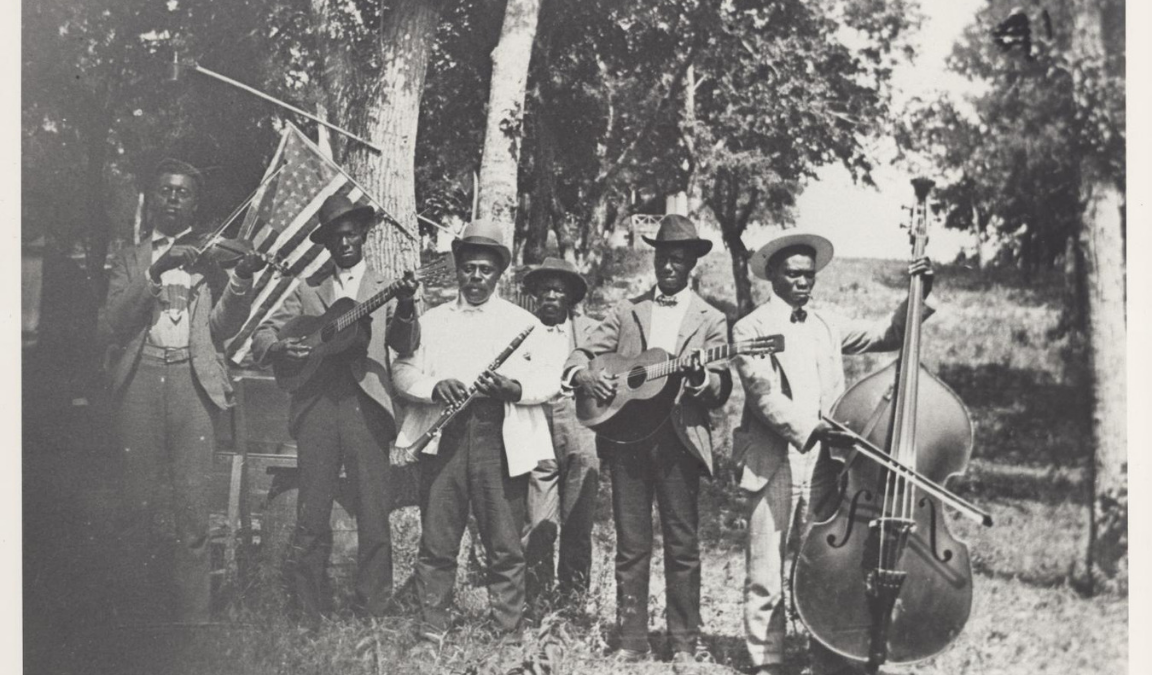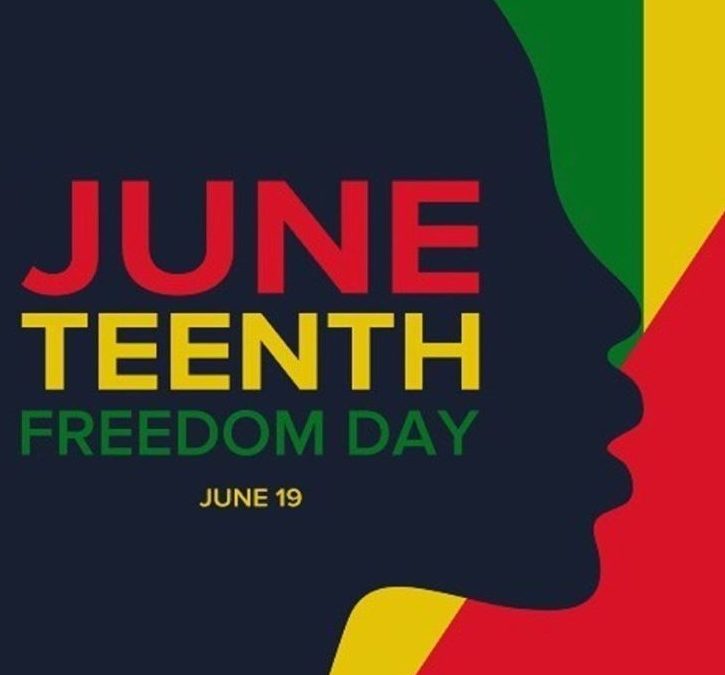
There is no shortage of gaffes from this current presidential administration when it comes to opining on the African American past. First, there was Donald Trump’s commentary last year, on the 19th century radical abolitionist Frederick Douglass, whose death he cast doubt on by referring to him in the present tense as “an example of somebody who’s done an amazing job and is getting recognized more and more….” More recently, Trump announced plans to hold his re-election rally, in the midst of a devastating pandemic, on June 19th at the newly renovated BOK Center in downtown Tulsa. This location is just a stone’s throw away from the historic African American community of Greenwood, once home to Black Wall Street and, in the summer of 1921, the site of one of the most devastating race riots in American history. These facts have essentially gone unmentioned by a president facing public pressures over the issue of race and policing today.
Originally scheduled to take place on June 19th, Trump’s rally conflicted with the annual celebration of Juneteenth, the day widely recognized as marking the end of slavery in the United States. To address this apparent conflict, Trump rescheduled the rally for the next day and simply boasted, “I did something good: I made Juneteenth very famous…It’s actually an important event, an important time. But nobody had ever heard of it.” The fact is that Juneteenth has been celebrated every year by African Americans since 1866 and is engrained in the story of American freedom.
The story of America’s passage “from slavery to freedom,” to borrow a phrase from the late John Hope Franklin, and the rise of the Juneteenth celebration is not a simple one. In fact, in the United States, as elsewhere across the slaveholding regions of the Americas, the institution of slavery ended at different times in different places for different reasons, but by the early 19th century, the system of human bondage would become a peculiarly southern one. During the Civil War, the call for abolition was intensified by Union occupation and the agency of free and enslaved African Americans, who pushed the issue to the center of American political debate.
Lincoln issued the Emancipation Proclamation on January 1, 1863. It made slavery’s abolition a central war aim of the Union, declared all slaves free in rebellious states, and authorized the enlistment of African American men, slave and free. In response, many slaveholders removed their slaves beyond the reach of Union forces. Well over a hundred thousand enslaved people were forcibly transported to Texas, the western-most edge of the Confederacy.

On June 19, 1865, Major General Gordon Granger rode into the city of Galveston to lead the Union occupation of this remote region of the former Confederacy. Granger publicly read Lincoln’s Emancipation Proclamation and presented to the population General Orders, No. 3, which declared “all slaves free” in Texas.
Juneteenth, the celebration of the day the last American slaves were freed in Texas, has grown in stature over the last century through ongoing African American struggles for respect, recognition, and full and equal citizenship rights. The celebration is now a national occasion that requires our collective commemoration of the contributions made by African Americans to the cause of freedom and the continually unfolding story of American democracy.
Dr. Andrew Rosa, History Department, WKU
